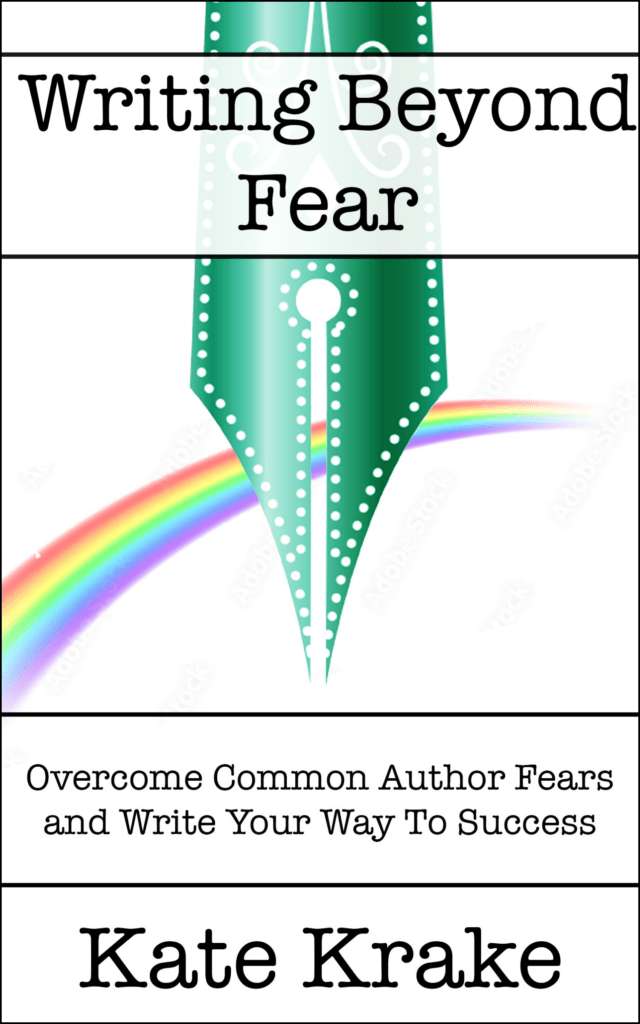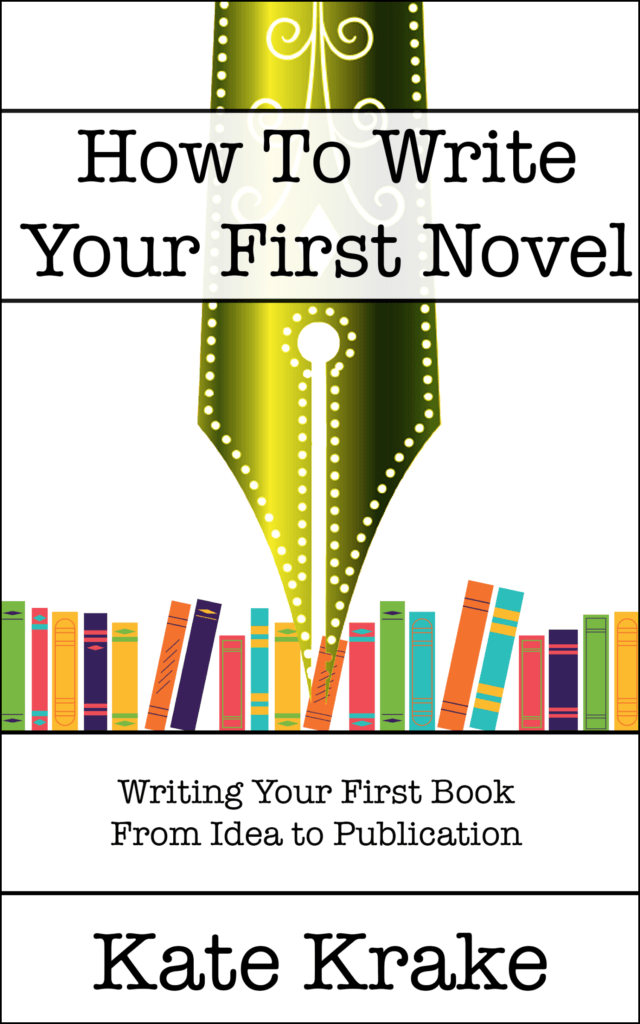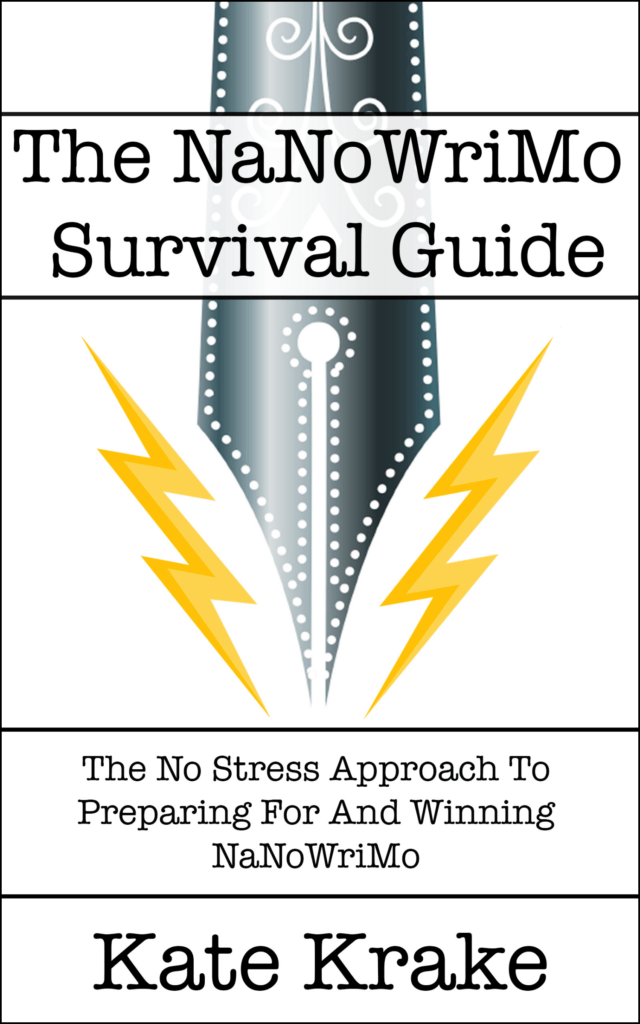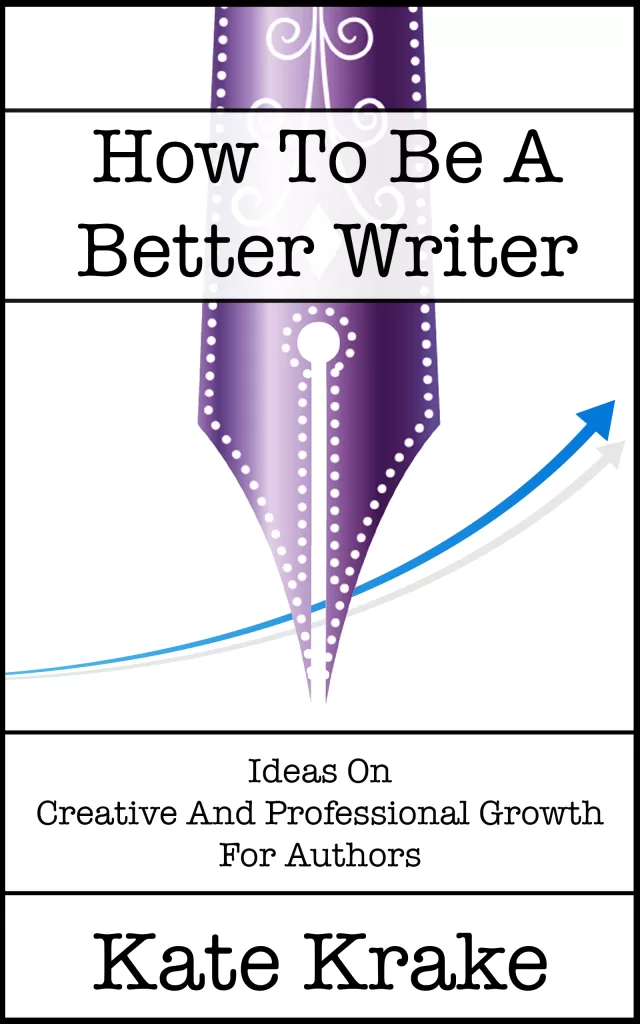I’m on a mission. I want to learn how to write faster, to be a more prolific writer.
I want to turn myself into a book writing, blogging machine so when you look at me, you’ll just see a swirling pile of words where once, a woman stood.
Actually, that last part is a complete lie.
I do want to learn how to write faster.
I do want to be a more prolific writer.
I do want to produce more quality content (books, stories, articles) in less time.
But I do not want to destroy myself in the process or compromise any other part of my life.
I want to be a word machine, but I want to maintain a balance, stay healthy and not burnout.
So, here are 25 ways I’ve learned (or am still learning) to write faster, produce more and remain human in the process
Disclaimer – the writing world, particular the indie community, is overwhelmed by a culture of super fast writing, with many an author claiming that writing (and publishing) at lightning speed is the only way to do the job. If this is you, and a novel a month fits your life, then go for it. If you’re a slow writer, with a lot of other life going on, then slow writing works too.
This article is about increasing the physical speed of word production, not the overall time it takes to write and publish a book. Always work at the pace that keeps you productive, creative, healthy and happy. Always.
25 Tips To Help You Write Faster
1. Respect and Strengthen Your Hands
Unless you produce your words with 100% dictation, your hands are the medium between your brain and the words on the page. Look after your hands! Any given writing project can involve thousands upon thousands of keystrokes. That’s thousands of individual movements relying on muscles, tends, bones, and nerves. Just like any other part of the body, overuse, especially under poor form, can and likely will lead to pain and injury. How fast can you write wrecked with carpal tunnel? Not very. I’m sorry to say I’ve learned this one the hard way.
2. Vary Your Input Methods
Type, handwrite, dictate. Use a touchscreen. Writing with different input methods speeds up your writing in a few different ways. It gives you the opportunity to write in different places, like on your commute, in waiting rooms, etc. The variation can also spark different neural pathways so, riding high on the novelty of the physical process can give your creativity and enthusiasm a burst. And like any other movement practice, variation is the key to true, whole-body fitness, so think of this as cross-training for your typing hands.
Beware, it can go the other way too. If you’re learning a new process, like dictation, it can take time to become effective.
3. Learn Efficient Typing
Developing efficient typing skills means pressing more keys in less time. That’s faster writing! Efficient typing also means your hands are under less stress and less likely to suffer an injury. I haven’t invested the time to learn formal touch typing, but I have worked on improving my mad restyling typing so that I can type more without my hands getting locked into a gnarled and aching claw by the end of the day.
4. Know What You’re Going To Write
Even if you’re a discovery writer (or pantser), knowing what you’re going to write before you sit down goes a long way in improving your writing speeds.
Why?
You spend less time sitting and wondering what to write next and more time getting the words out.
5. Writing Sprints and Bursts
Set a timer.
Write!
Don’t Stop.
Writing sprints are a brilliant way of injecting some speed into your writing session. And if you do them in bursts, you’re less likely to hit the wall and fizzle out.
I don’t have all day every day to write, and all of my writing sessions are timed around doing parenting stuff. Knowing that my writing sessions are limited (before kid wakes, before the TV show finishes, before the school pick-up, etc.) means I’m writing in bursts. It creates a sense of urgency, and I always get more written on those days rather than the days when I have long stretches of writing time.
6. Write First. Research Later
You’re writing along, and you suddenly need to know a precise fact. Make a note, mark the draft in some way and keep on writing. Later, do that research and come back to it.
7. Turn Off Spelling and Grammar Checks
Those squiggly lines are distracting! Turn them off. You’ll write a lot faster if you’re not constantly fixing errors. Fix them after the first draft is complete.
8. Free Flowing Ink (for the hand writers)
If you’re a hand writer, which I often am, invest in a good pen with free flowing ink. It not only saves your hand health by requiring less downward pressure and a looser grip, the pen simply moves faster along the page. Fountain pens are the best option, but if they’re not for you, try a roller ball or a gel pen, even a mechanical pencil.
9. Flat, Responsive Keyboards (for the typists)
Ditch those old clunky keys if you’re still using an old keyboard. Most modern computers have nice, flat, highly responsive keyboards that make fast typing a breeze. They’re also less impact on the hands so you can write longer without hand and finger fatigue. Find the keyboard angle that works best for your body. This might mean an external keyboard for your laptop. Most standard ergonomic keyboard designs tilt upward (the highest part at the back). It took me a long time to figure out this angle caused my crippling wrist pains, so I now use a downward tilting keyboard (the highest part at the front) – haven’t had wrist pain in years.
10. Write First, Edit Later
Get the words out. Finish the story. Write the article. Getting it to make sense and making the words pretty is a revision problem.
11. Focus
When you sit down to write, just write. Don’t internet. Don’t email. Don’t watch TV or do anything else. Just write. Drinking coffee is permitted. And water. Maybe tea.
12. Write What You Love
In my years of professional writing, I’ve worked as ghostwriter and a freelance copywriter, and wow, I’ve written on some hellishly boring topics.
If my heart and mind isn’t in my work, then I have to drag the words out. It’s slow, and it’s tedious. When I’m writing something that I love, something that inspires and excites me, then the words can’t come out quick enough. I’ve also found this in writing fiction. If I’m loving the story, it’s super fast output. I wrote the first draft of A Hex of Wolves in 10 days because I couldn’t keep my head out of the world. It’s still one of my favorite stories of mine.
13. Write Scenes Out of Order
If you’re struggling in a scene or section, skip it and write the next one. Jump ahead and write a fast paced action scene or whatever gets you motivated. If it comes time that you’ve only got the boring stuff left, think of that as being on the final stretch and let that exciting finishing energy drive you on. Some authors just can’t work like this, so don’t feel you must.
14. Make it A Challenge
I’m a competitive person, so much so that I even compete with myself. I don’t work with formal deadlines (one of the joys of working indie), but I do set myself challenges. I want to finish this novel by *insert date*. Or, I want to batch three months’ worth of articles this weekend. Often, I don’t reach them, but in the pursuit of such lofty goals, I usually end up being a super prolific writer. And sometimes, I even hit those finish lines.
15. Use Accountability
Some people thrive on public accountability. If that’s you, then proclaim to the world you’re going to write X much in X time and then get to it. Personal accountability is far more effective for me. I might tell certain people I plan to do X, but not one person on earth can make me feel as guilty for not getting there as I can.
16. Find Your Peak Time
Most writers have a time of the day when their brains and fingers and ideas work together most harmoniously. I’m a first thing in the morning writer, so I always try to get my sprints and big bursts done in those times and work on the most pressing or valuable projects then. You might be a night writer, it doesn’t matter. Just find your personal peak time and exploit it.
17. Write the Familiar
I believe “Write what you know” is some of the worst advice for new writers because it disavows research and learning and not to mention the entire speculative fiction genre.
BUT…
I do know that if I’m writing about something familiar, a place, a person, an experience, an emotion, then I’m likely to write those sections a lot quicker and more freely.
18. Maintain Good Writing Habits
Productivity all comes down to having a good writing habit, fine tuning it and maintaining it.
19. Keep Lots of Ideas Around
Keep your ideas on record, and keep a lot of them, so you’ll always have a stock at the ready. This applies especially well to articles and blog posts, but can also work with fiction. You might not know it at the start, but the novel you’re working on at the moment might be the ideal place to insert that random character you made up by observing the weird guy on the bus last month.
20. Dangle Carrots
If you’re not into carrots, find another temptation. I’m a chocoholic. A few months ago I swore off chocolate until I finished the first draft of my next novel.
What’s your reward?
21. Batch Your Projects
I work best in batches. For a given time, I’ll focus all (most) of my writing session on a specific fiction project, be that drafting or editing. After that, I’ll switch to nonfiction mode. And then I’ll switch again. Sometimes my batching lasts days. Other times months.
Batching allows focus, so your brain isn’t tangled in multitasking. Batching also allows your brain to rest and renew by giving it different types of activities to work on.
22. Write When You’re Not Writing
I write in the shower, in the car, in the gym, in the car, while I’m walking, while I’m cleaning. While I’m sleeping. Okay, so I’m not technically writing during these times, but I am doing writing related mental work.
Find some time when your brain isn’t actually required, and set your mind to your writing. Mindless physical tasks are a good time for this.
It’s amazing how many plot points have worked themselves out while I’ve been washing dishes, walking, showering, or just woken up.
23. Rest
Resting and renewing is not only physically vital, it’s also a critical part of the creative process.
Creatively speaking, this is the time when your subconscious works on problems and creates new ideas.
Physically, you need to rest your hands, your whole body, your brain after the physical act of writing. If I’m tired, I’m a slow and sloppy writer, no matter how much caffeine I ingest.
For more detail on this concepts check out Rest: Why You Get More Done When You Work Less by Alex Soojun-Kim Pang
24. Stay Healthy
Writers write. It’s a physical process. By keeping your body in good shape, you’re a more effective writer.
Complex as it is, the body is a physical thing. To perform at its best and keep going for a long time, it needs high-quality fuel (food). It needs regular maintenance on parts (movement). It needs to be turned off regularly, so it doesn’t overheat or get worn out (rest).
25. Track Your Writing Sessions
After every writing session, log your hours and your word counts. Over time, you’ll be able to see patterns in your productivity and repeat those situations.
I don’t do this as much as I used to, as I found getting caught up in the data often made me forget I am a human with up and down days. I would look at my highest days and lament, “Why can’t I write 8000 words a day every day?!” It works for a lot of writers I know, so try it and see what happens.






